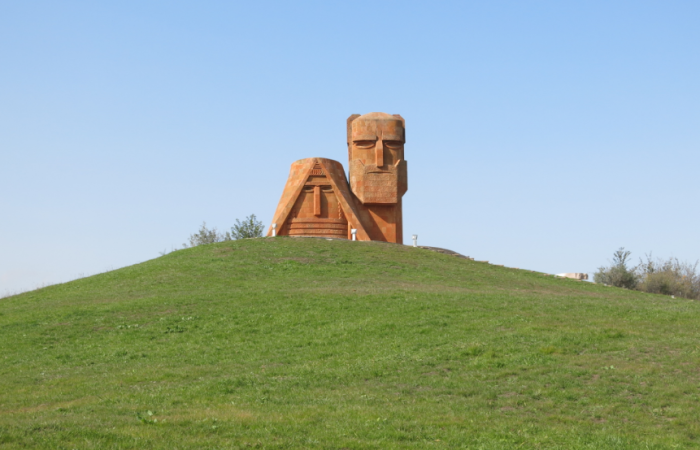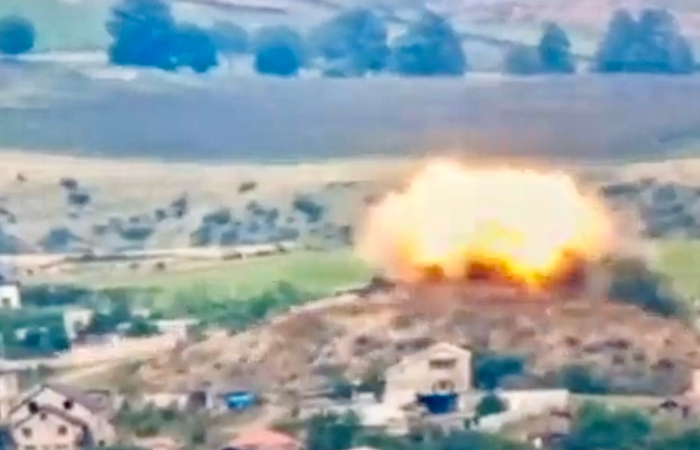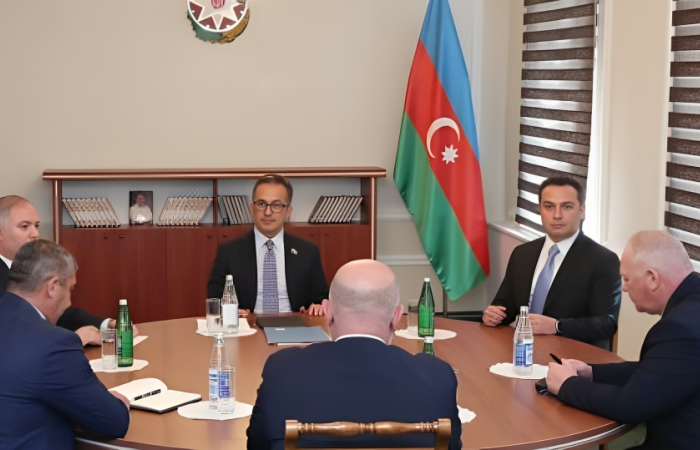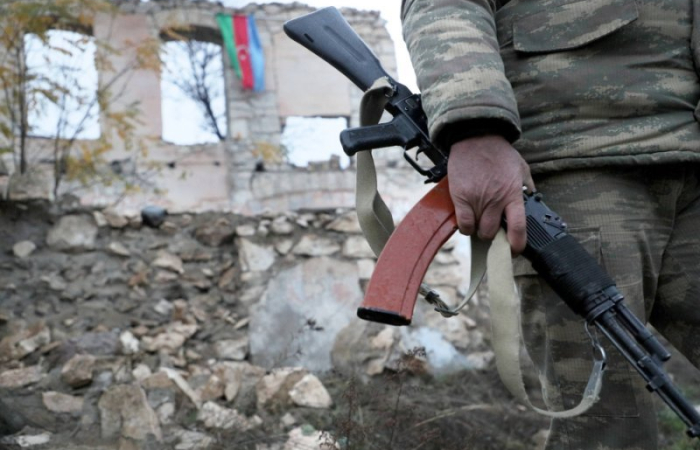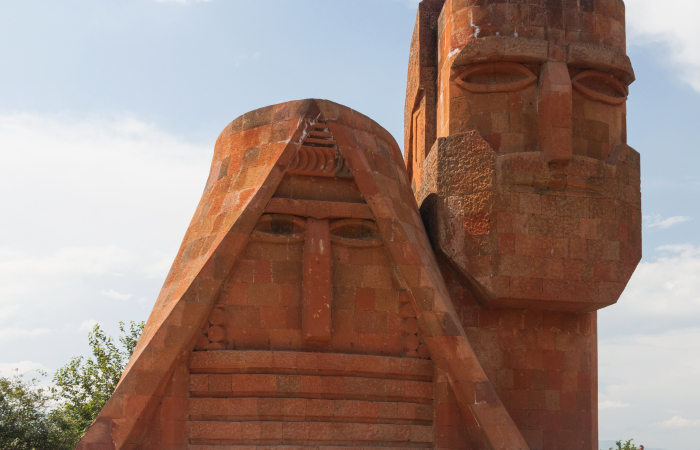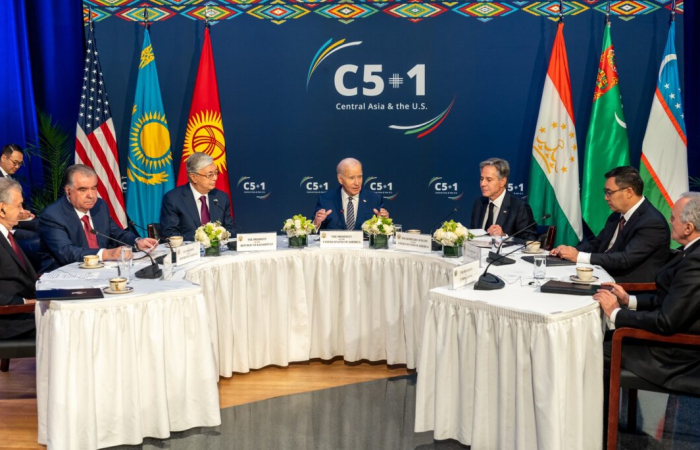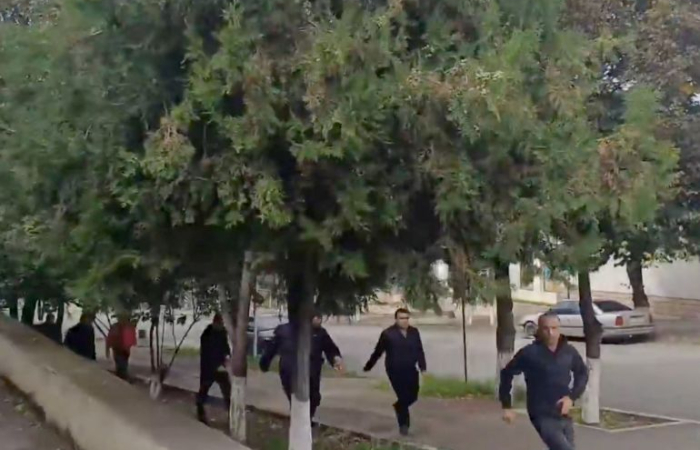Trending
Future of Nagorno-Karabakh starts taking shape as one era ends, and another is about to begin
24 September 2023
After a long stand-off, a one day war which left hundreds of casualties, and a series of long overdue face to face talks, the Government of Azerbaijan has agreed terms with the leaders of the Armenian community of Nagorno-Karabakh which will see Azerbaijan assuming back full control of the territory after a failed secessionist movement which lasted more than three decades. The leadership of the Armenian community of Nagorno-Karabakh has now published the points agreed by the two sides at their meeting on Thursday in an official notice released by the Artsakh Information Centre. It contains six points, which the Centre says are already being implemented, including the disarmament and eventual disbanding of the armed formations of the self-declared Nagorno-Karabakh Republic. Azerbaijani troops have now consolidated their control over outlaying villages and settlements around the administrative capital of Nagorno-Karabakh, Stepanakert, but have not entered the town itself. It seems they will not, yet. In an interview with the Azerbaijani Service of Radio Free Europe/Radio Liberty, Farid Shafiyev, the head of AIR Centre – an Azerbaijani government think tank - said that ”until 2025, the Azerbaijani military and police will not be in Khankendi [Stepanakert],". commonspace.eu political editor said in a comment that Azerbaijan is de facto in control of Nagorno-Karabakh, but it understands it needs to thread carefully amidst widespread warnings against ethnic cleansing. Baku needs to re-assert control over the territory whilst creating enough conditions for the Armenian population to stay and not depart en masse. The first task is to deal with the immediate aftermaths of fighting of the last days, namely bury the dead, provide for the wounded and managing the problem of displaced persons. There are also issues related to alleviating the suffering of the civilian population who had been under a blockade for a number of months. Then the more difficult task of trying to find a right political model for Karabakh will start. The last days have seen the end of an era in Karabakh, another one is about to start.



